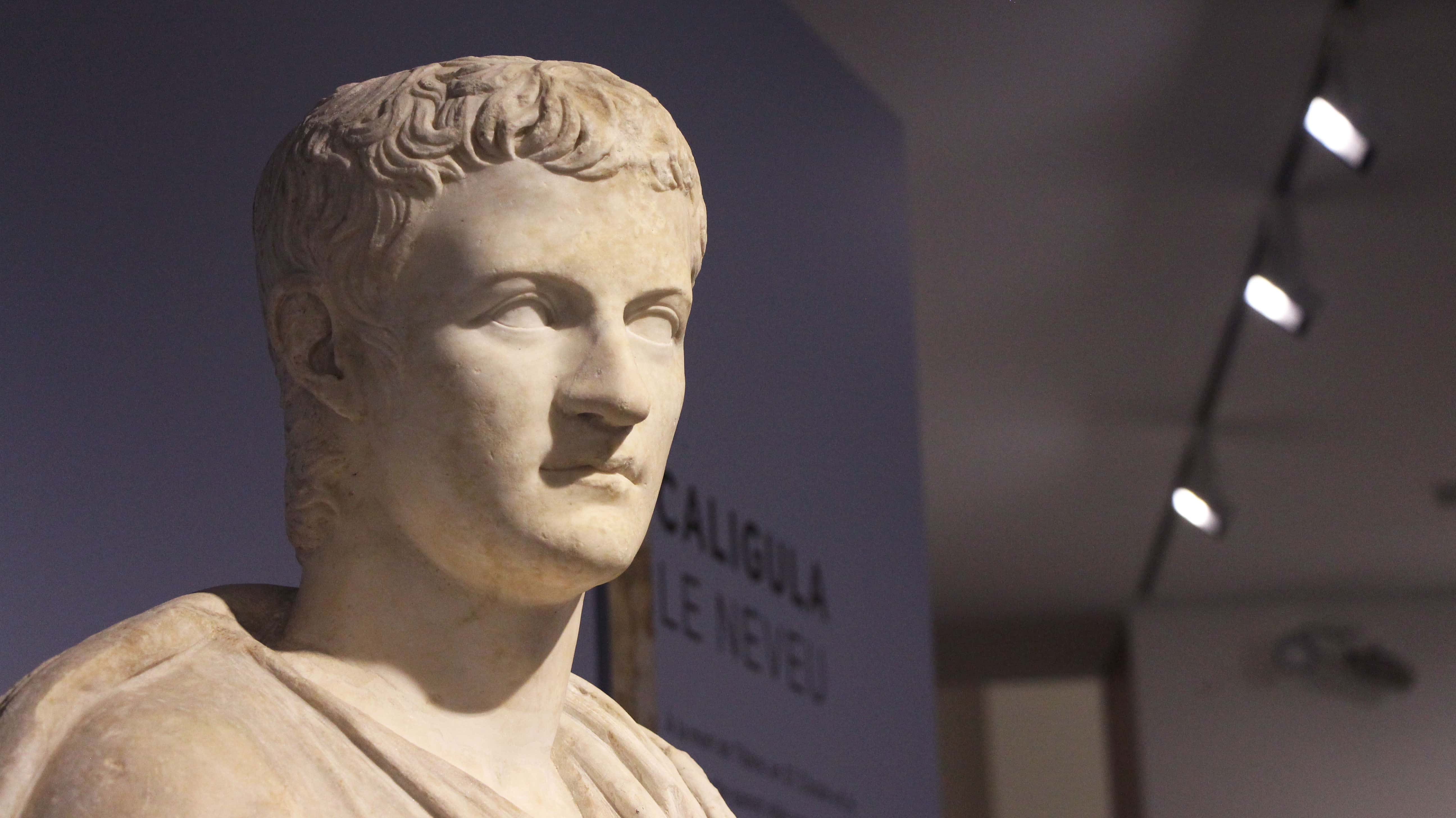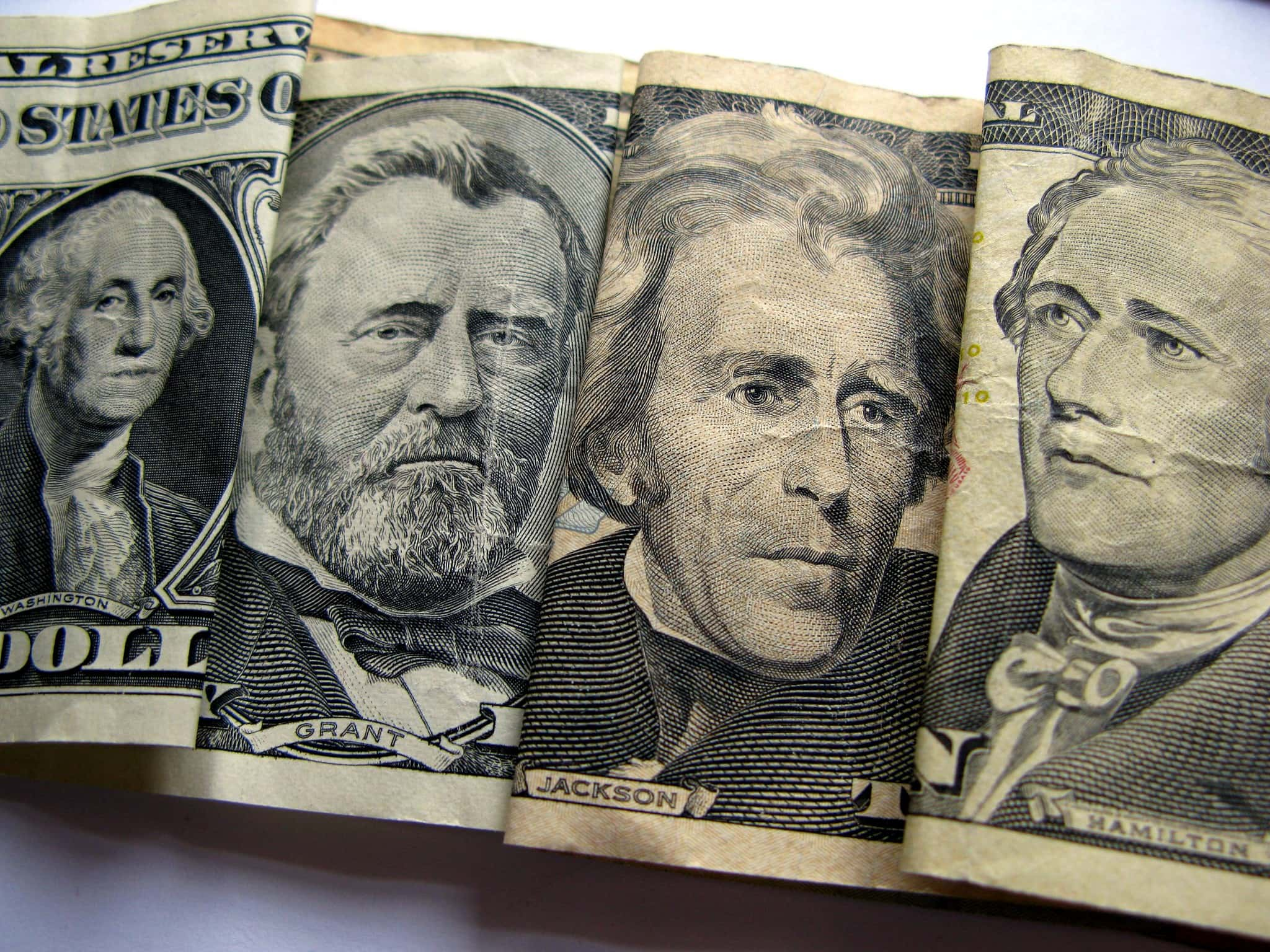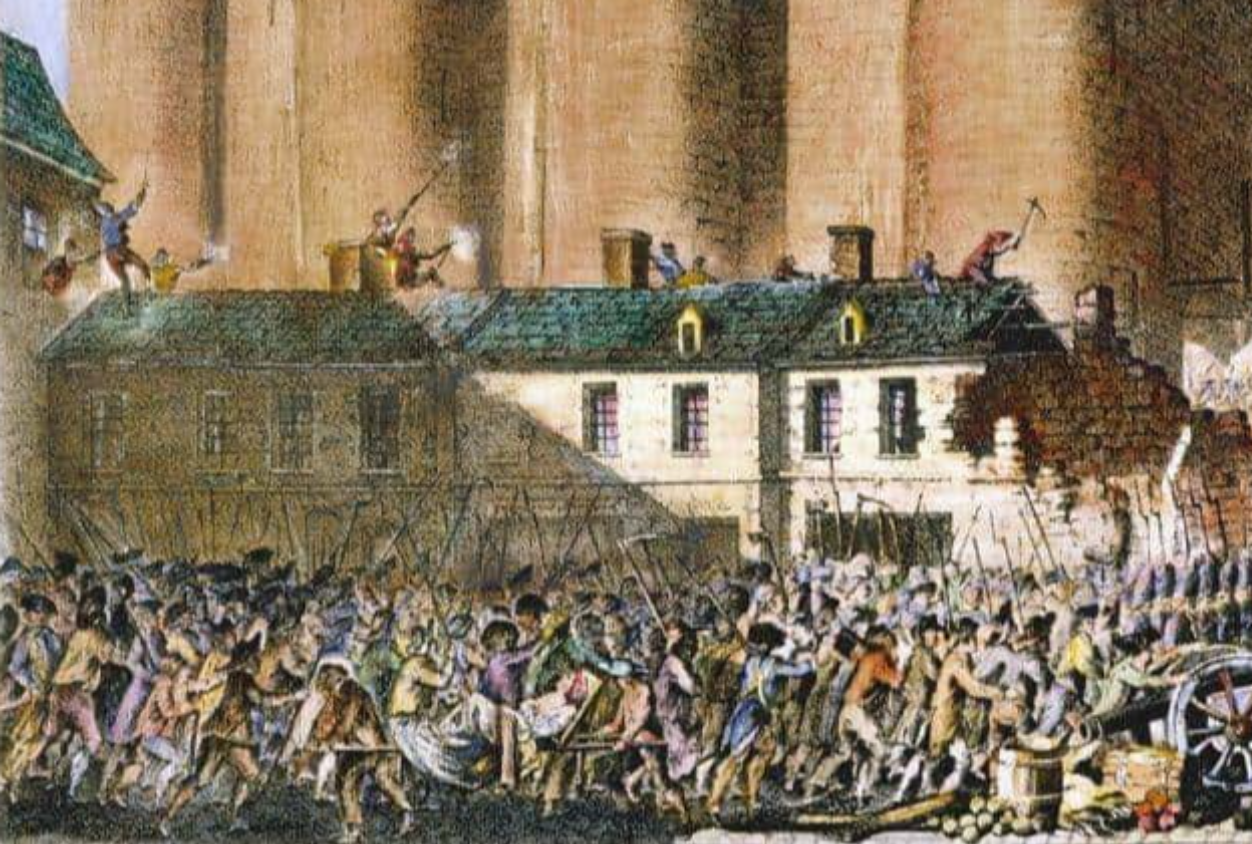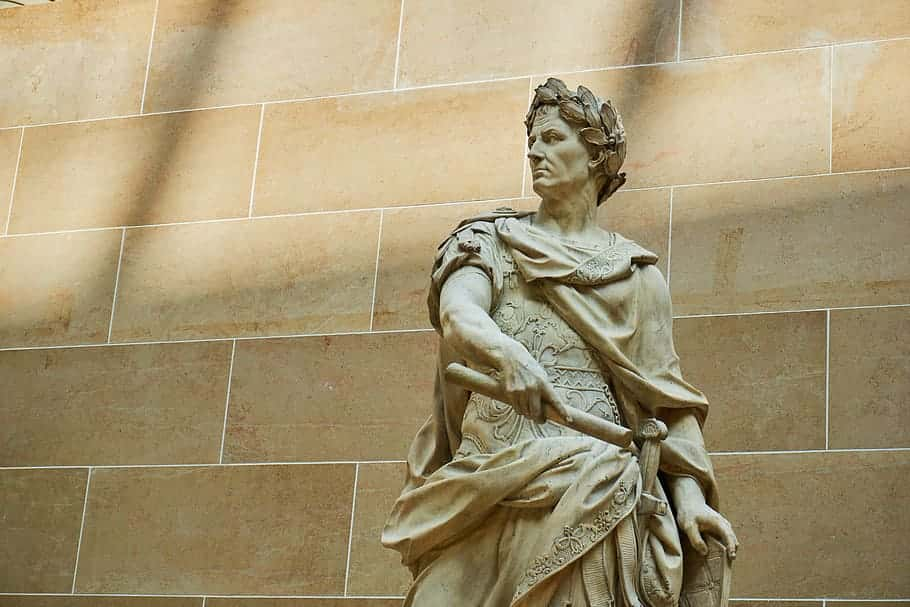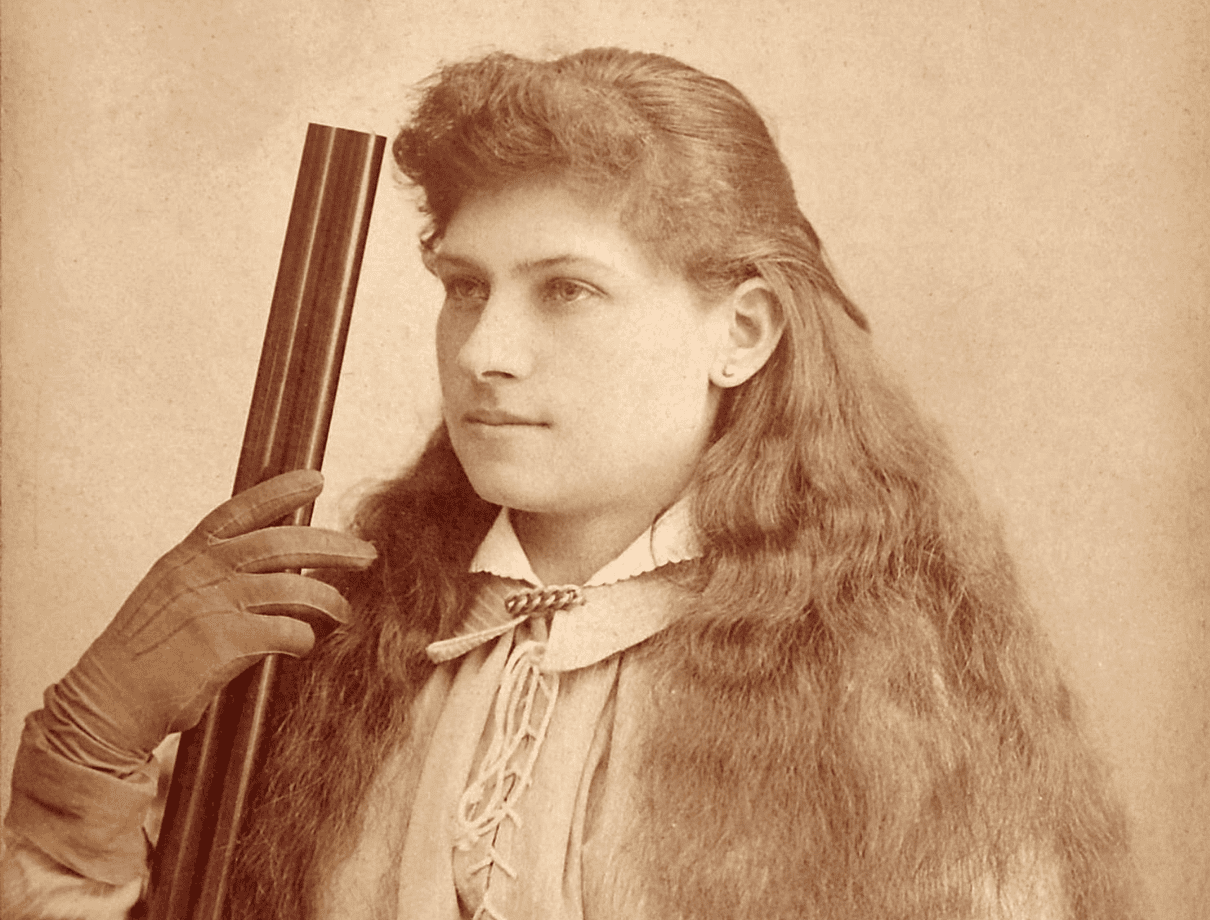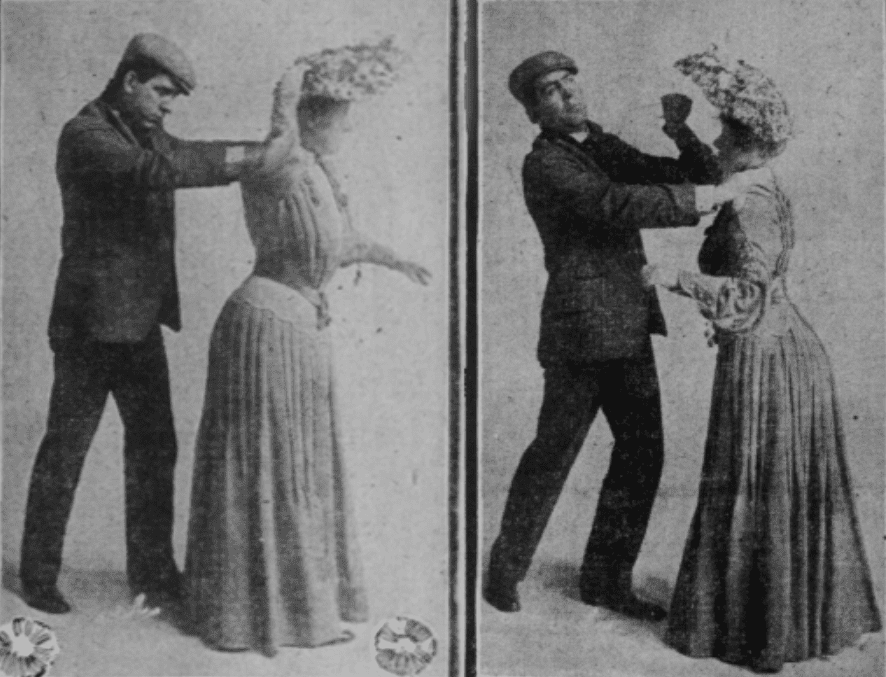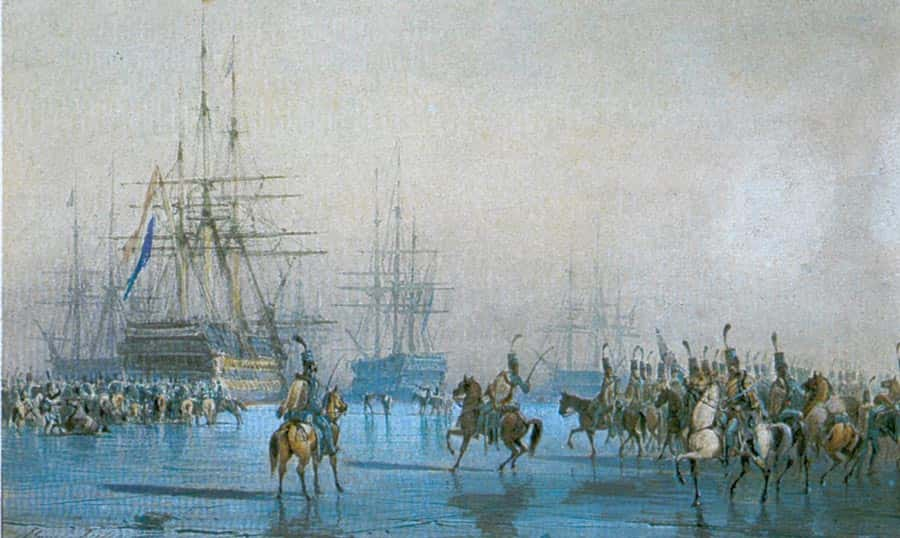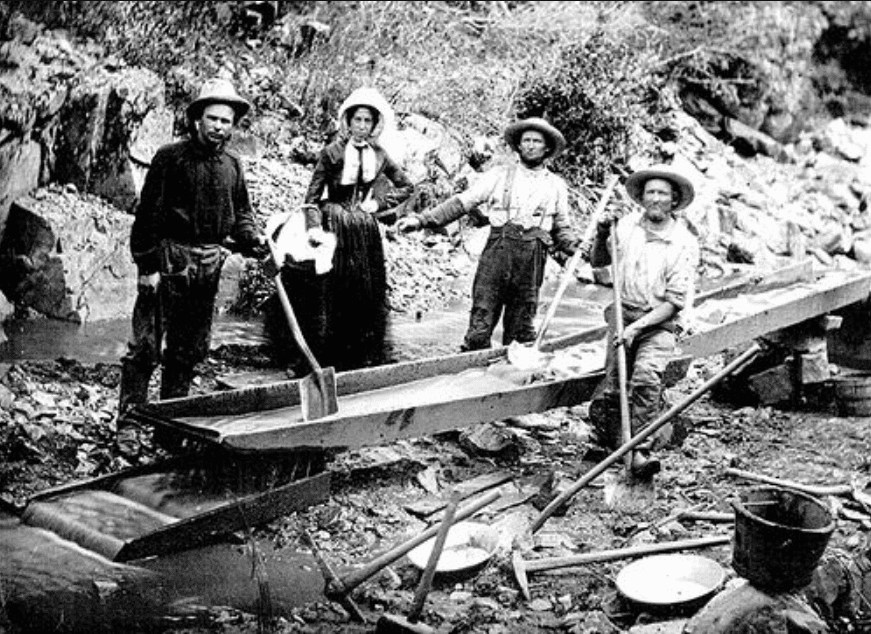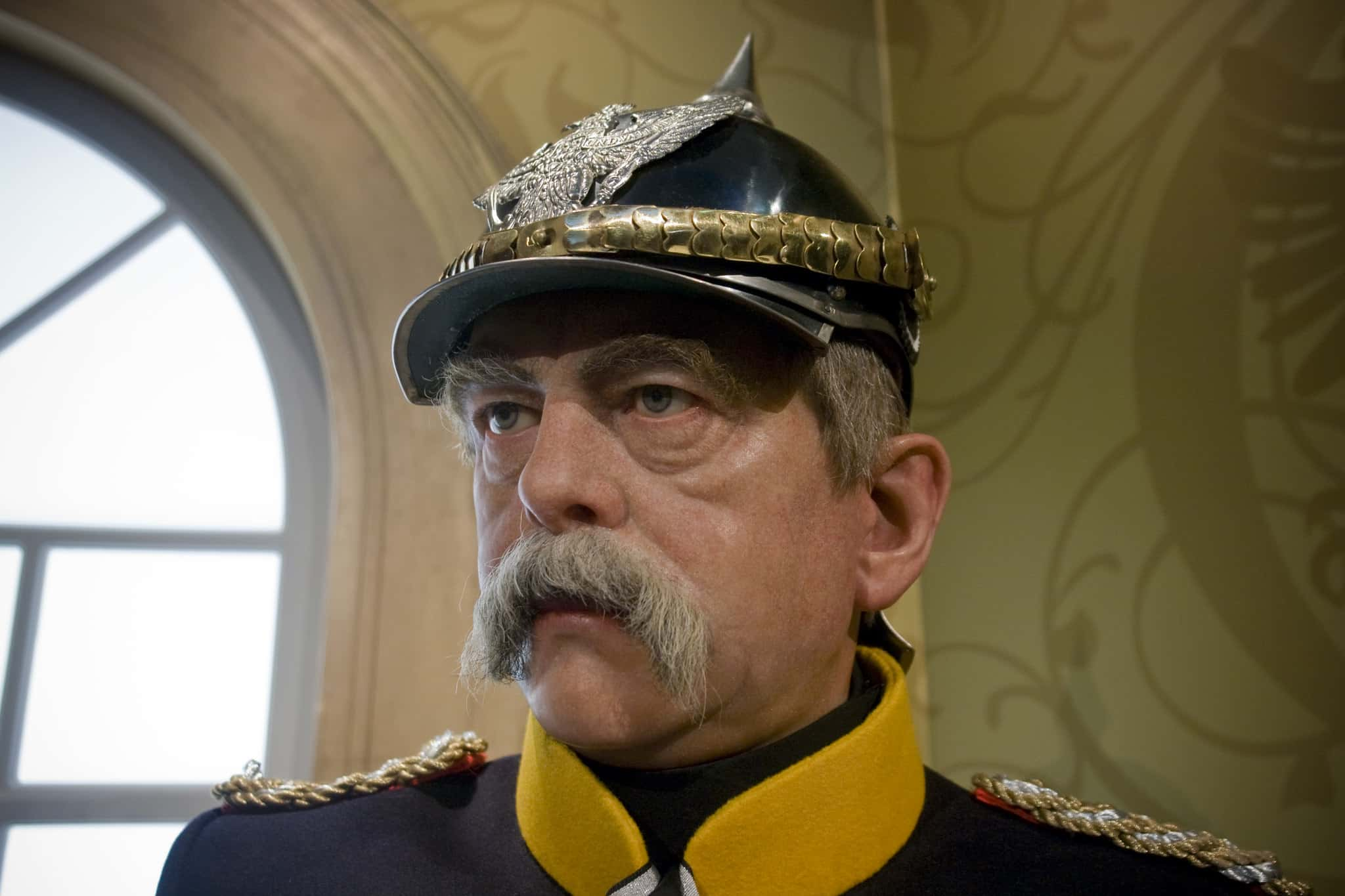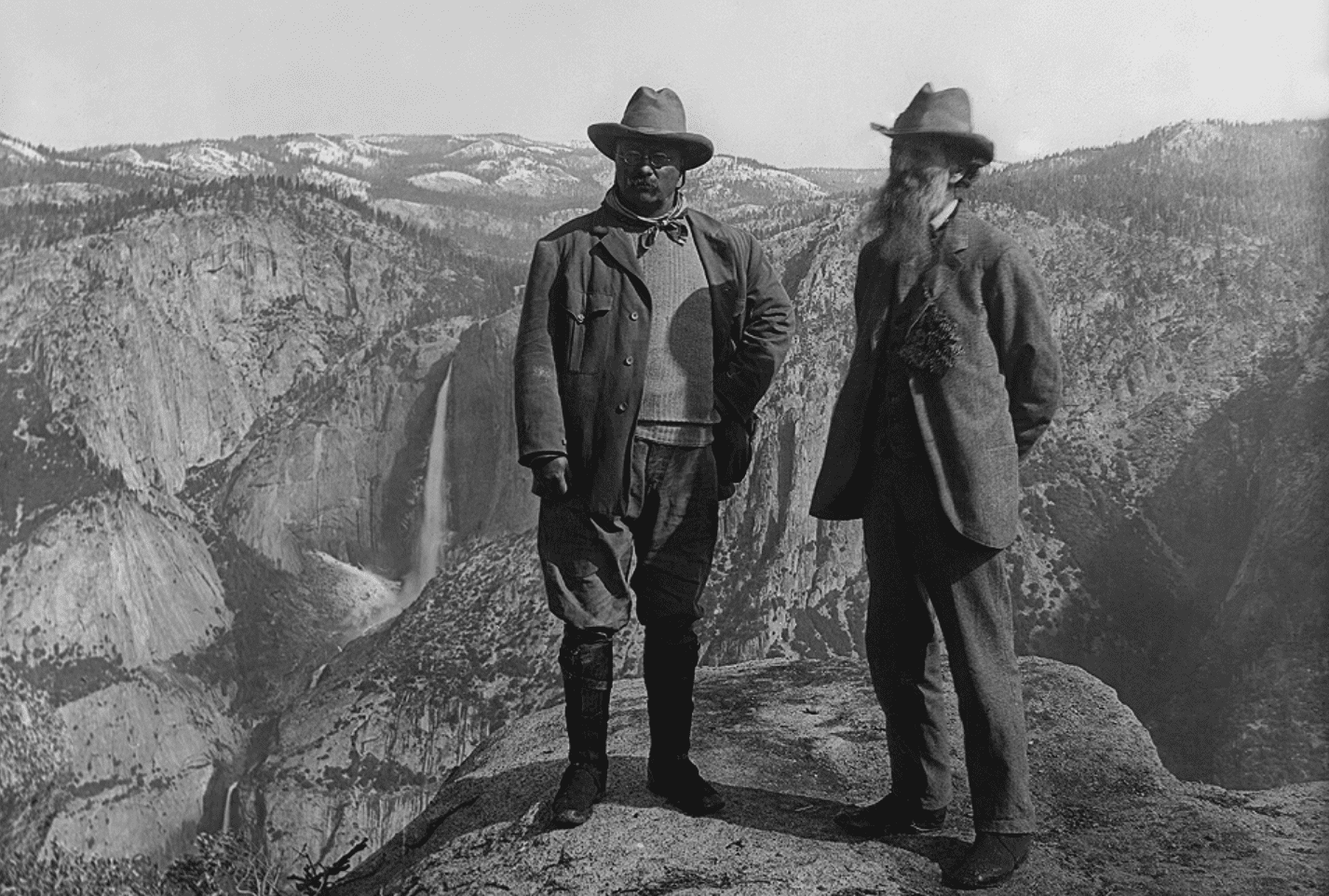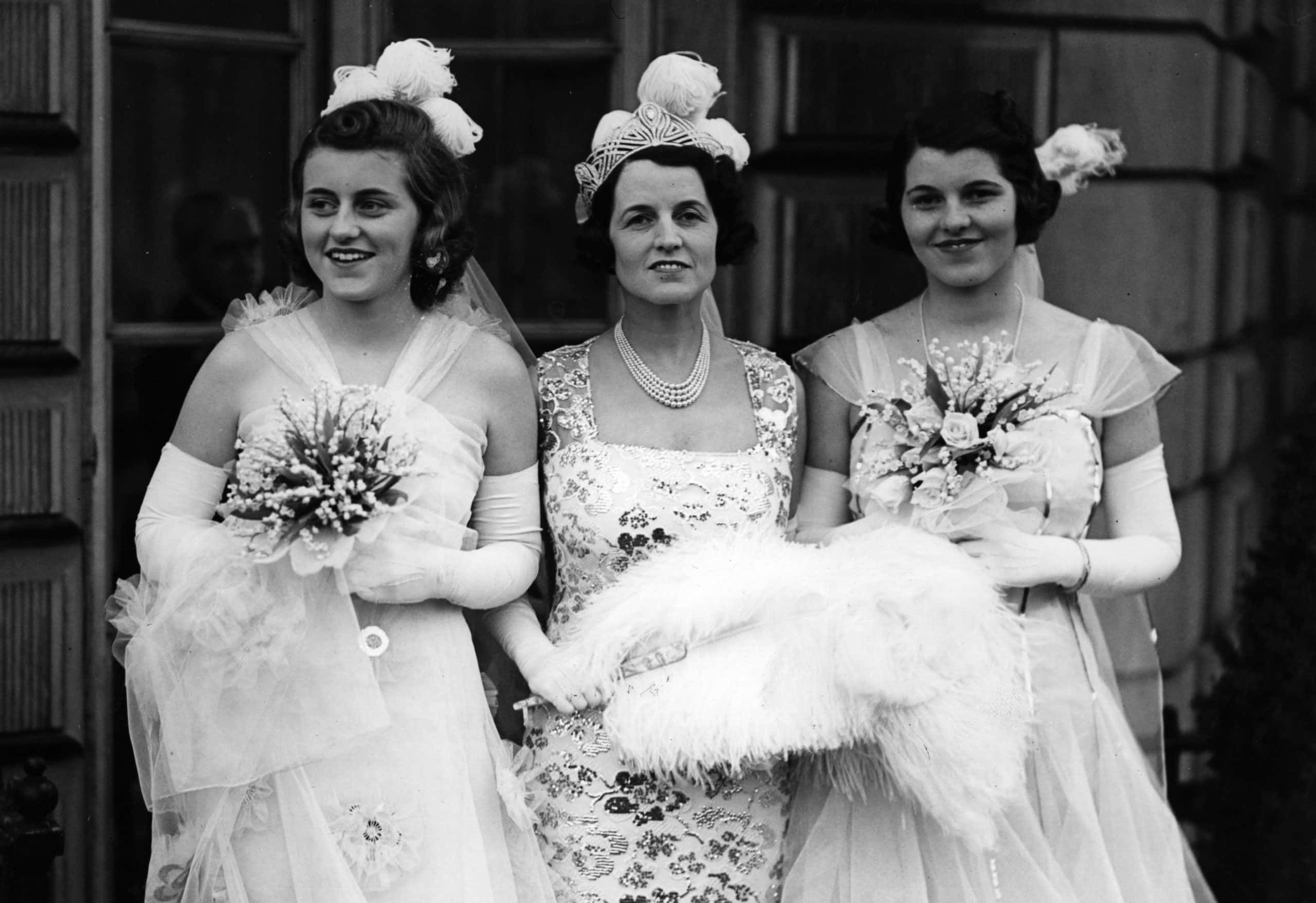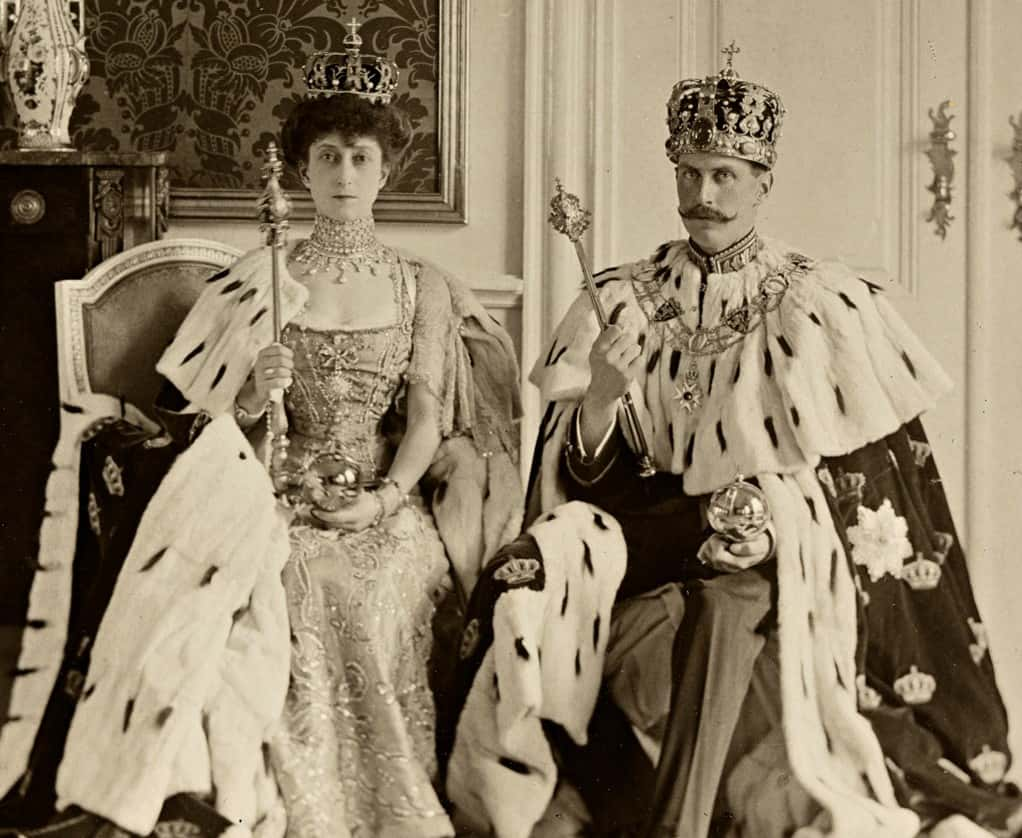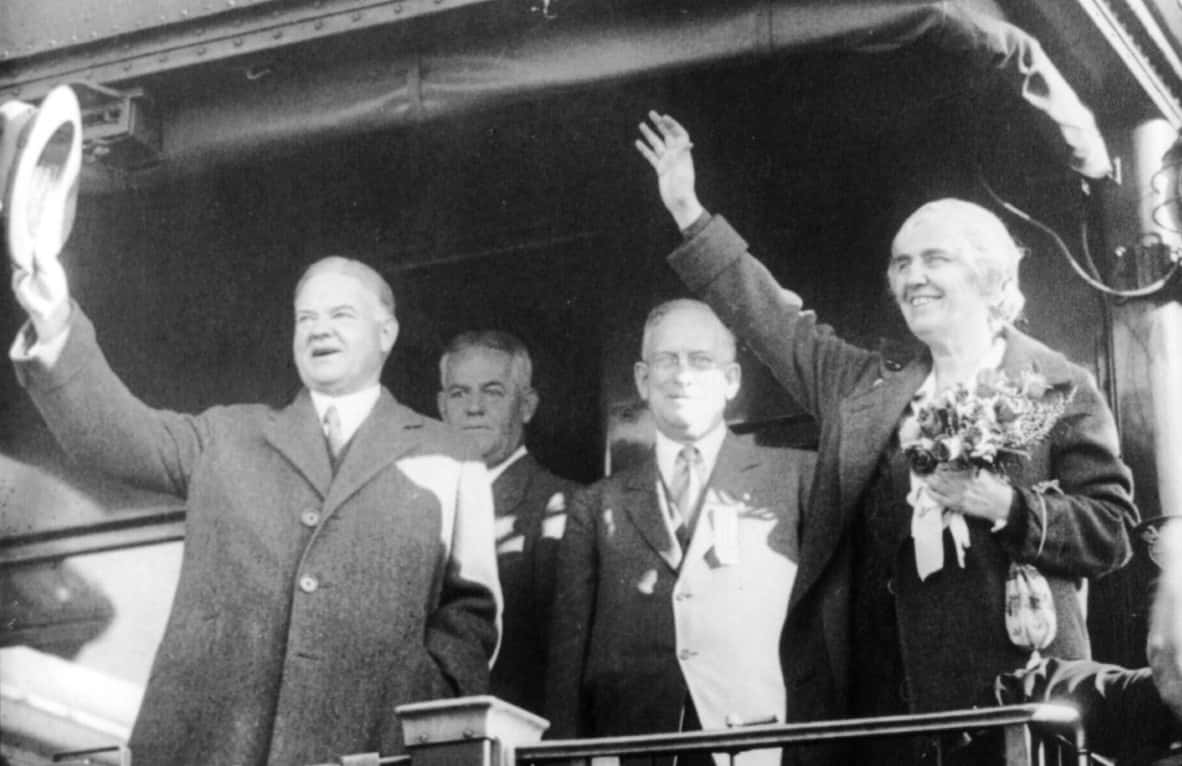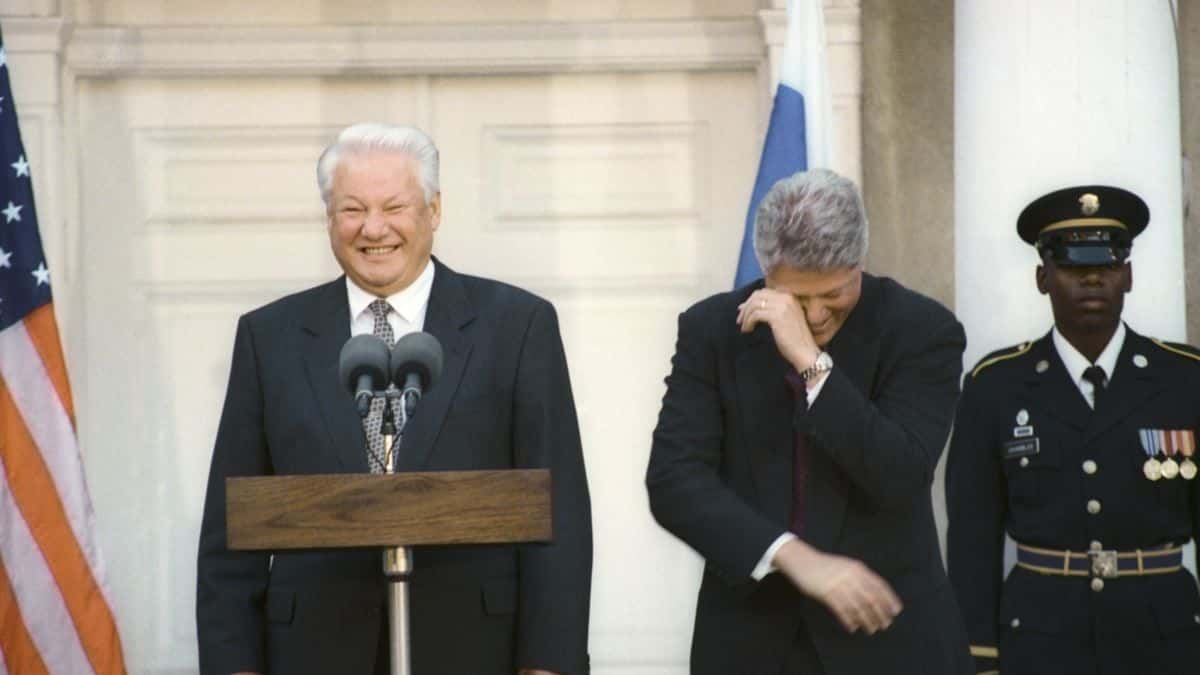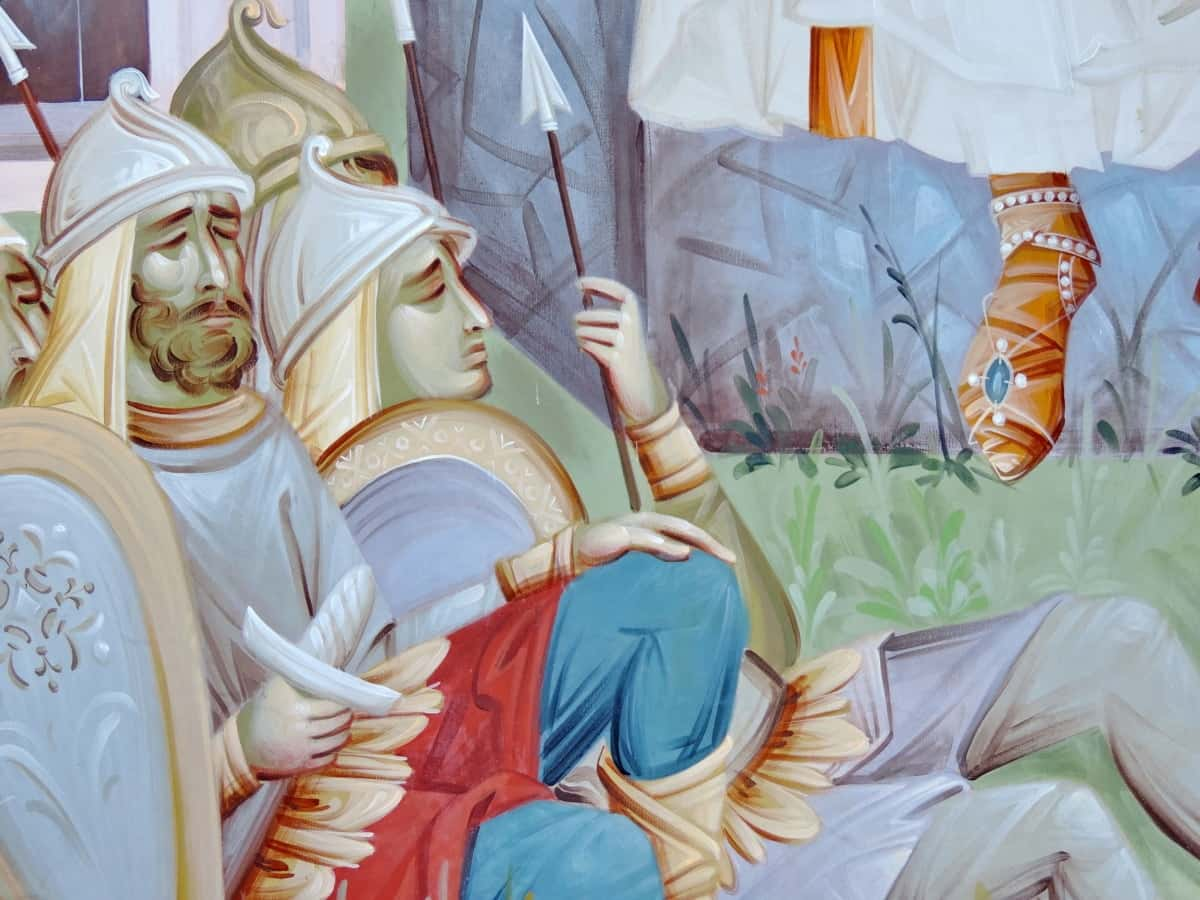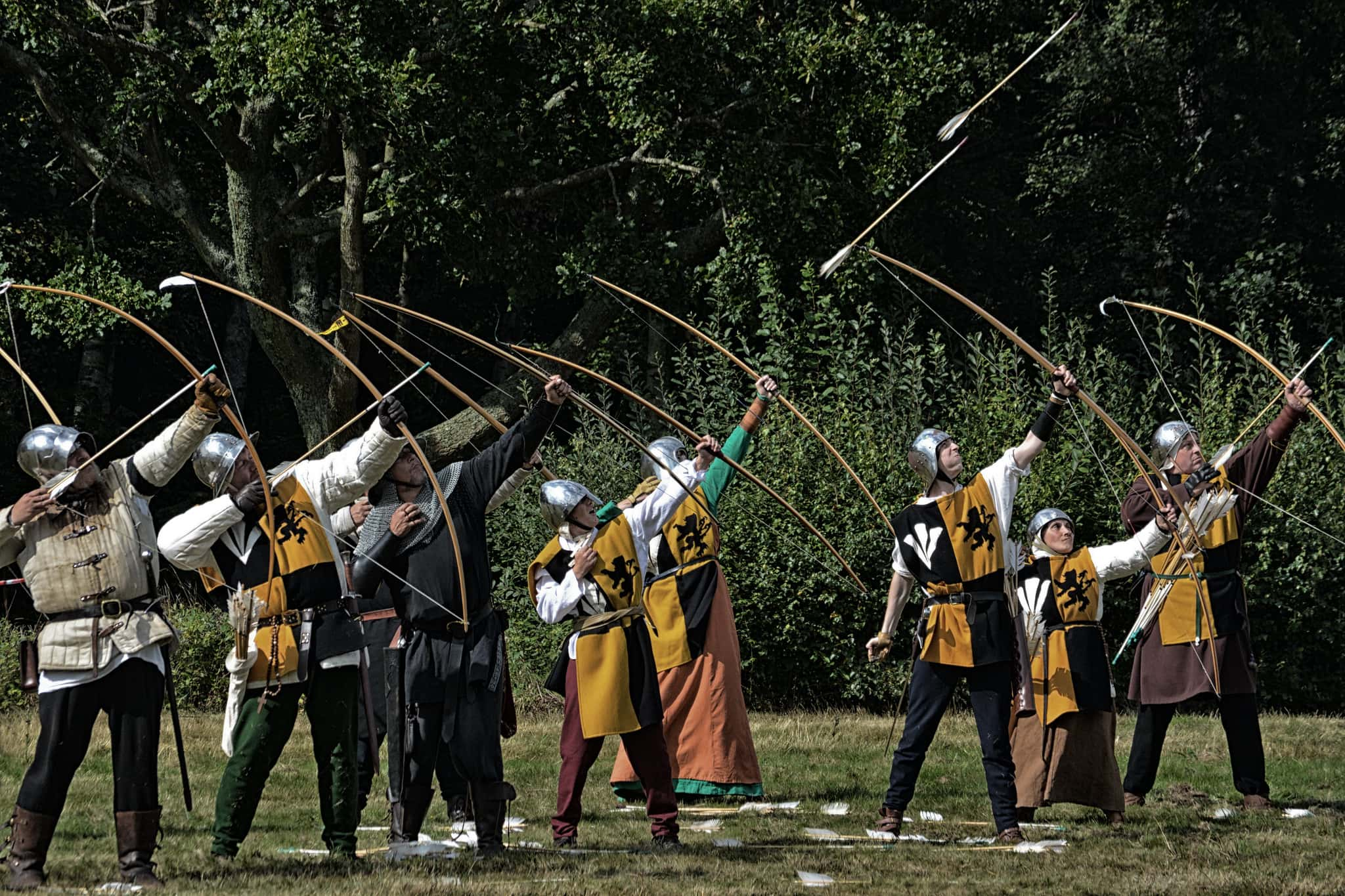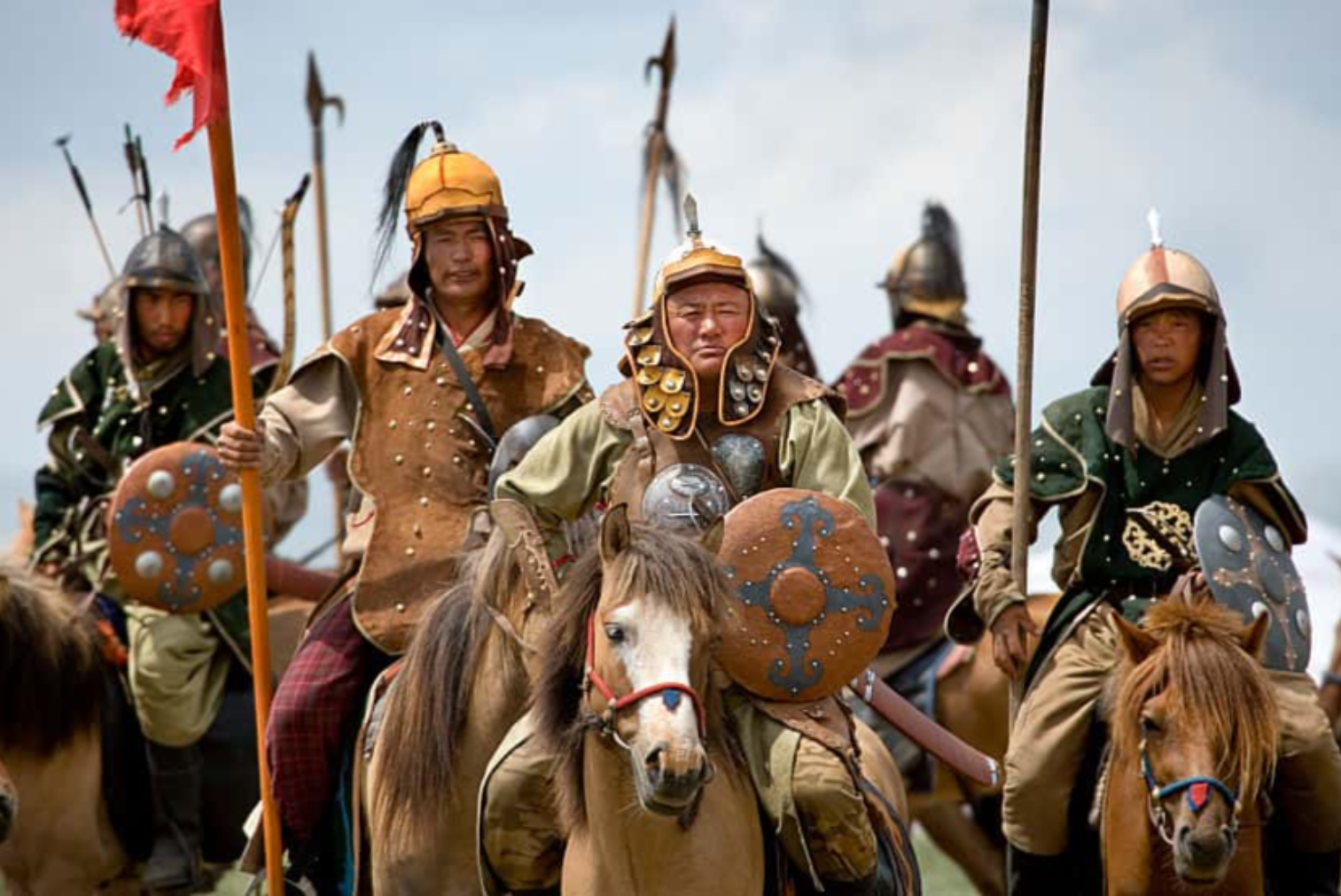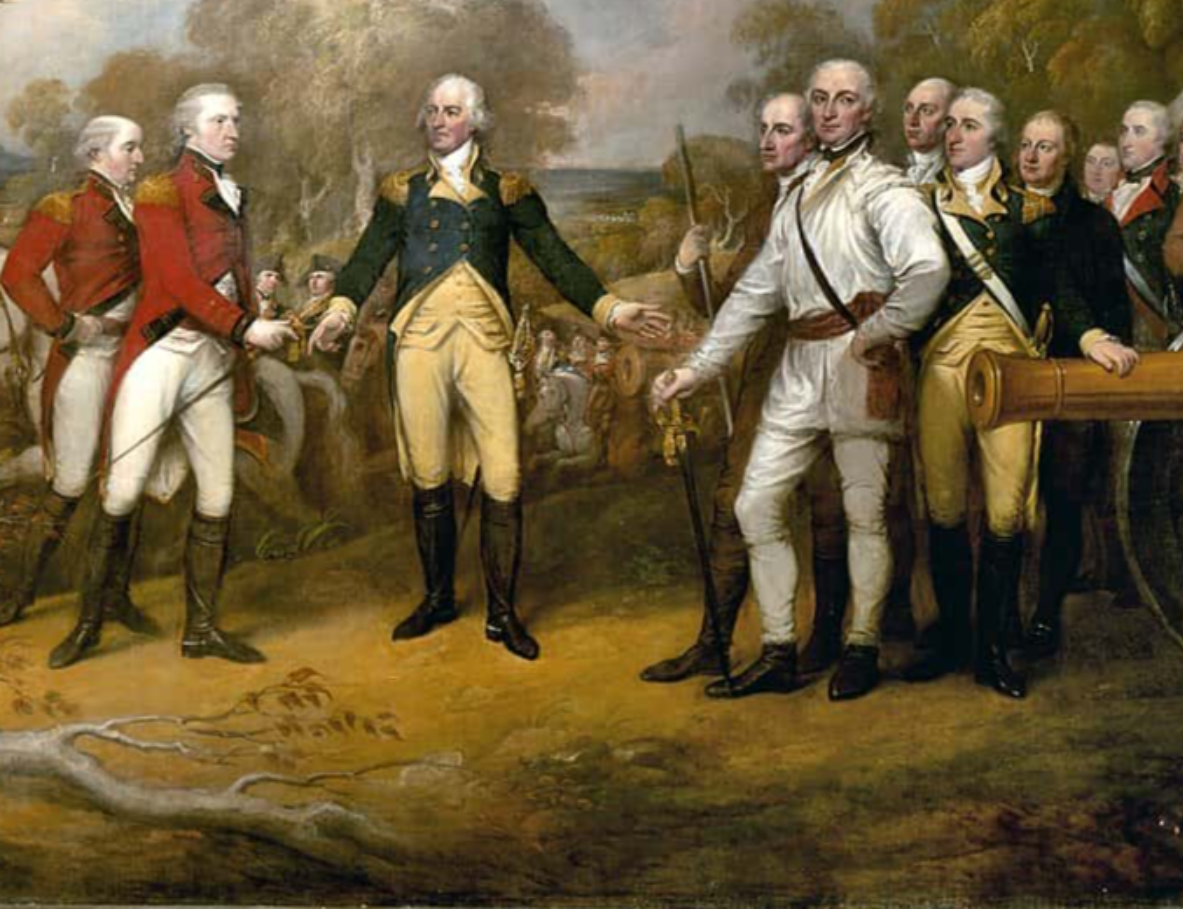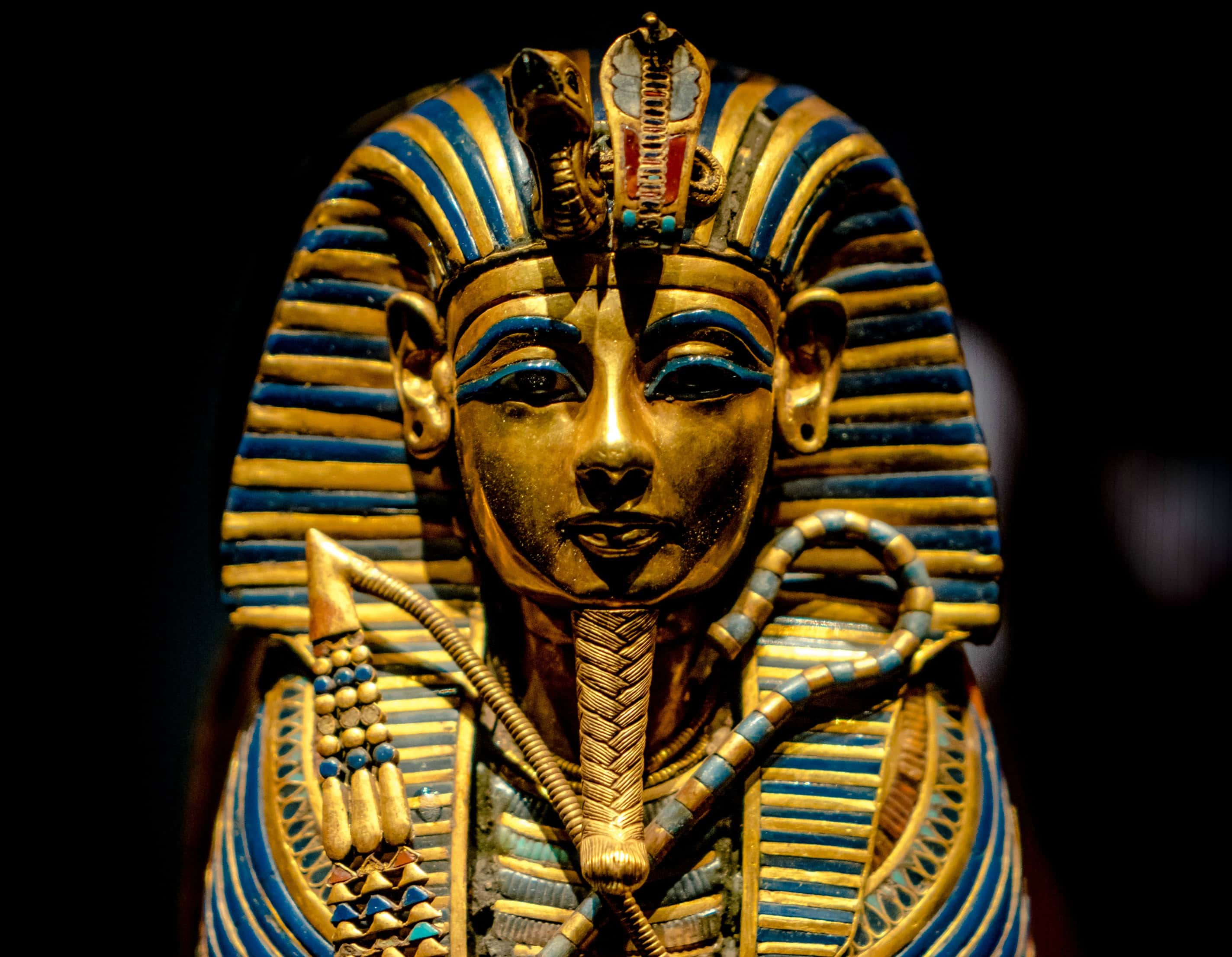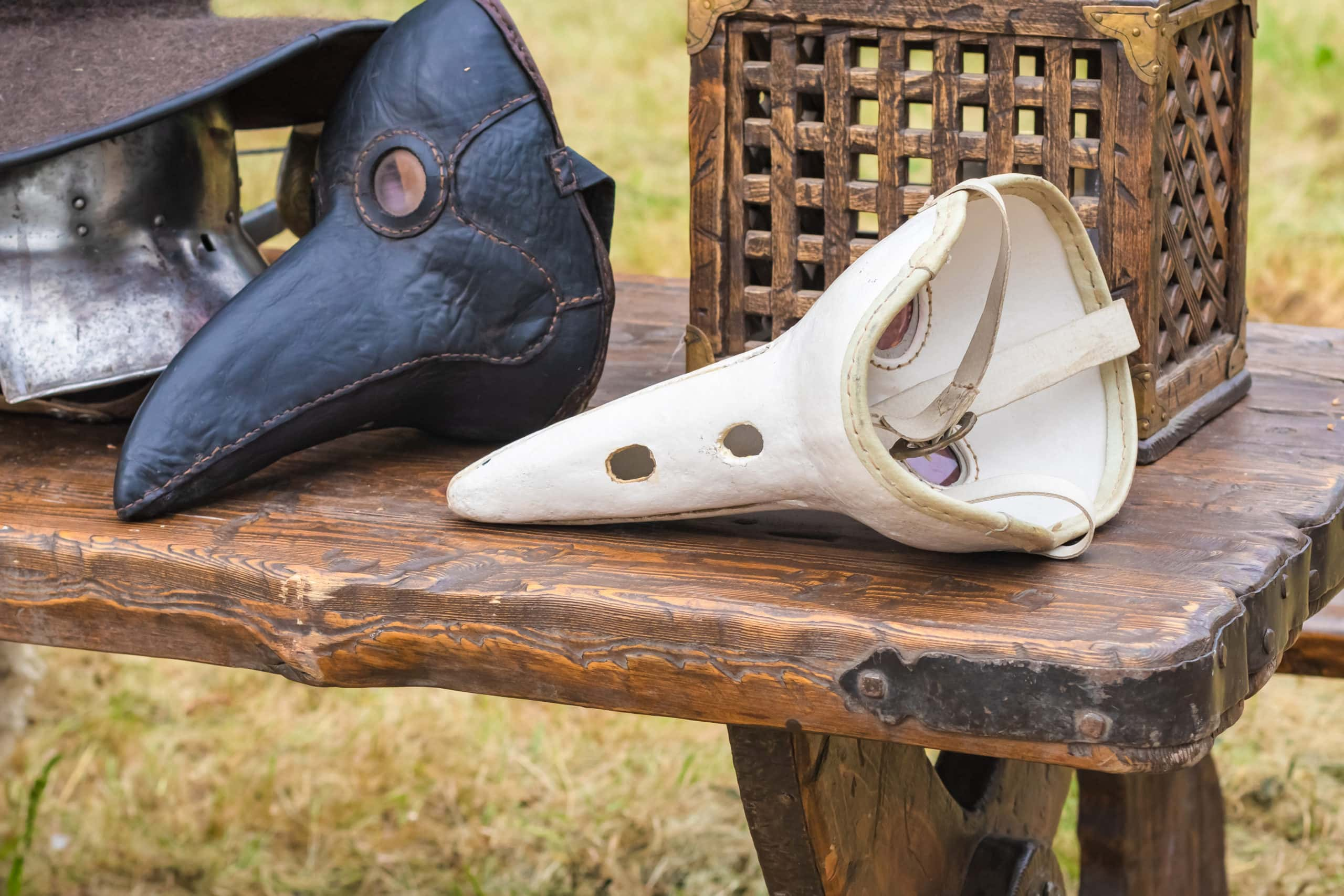You know what they say—sometimes, truth is stranger than fiction. Well, in this case, sometimes the truth is more interesting than fiction, and these 42 astonishing facts about actual events from history go a long way towards proving that.
1. Making Amends
Dynamite was invented by Alfred Nobel—yes, that Nobel. When Nobel’s brother passed in 1888, a French newspaper erroneously printed Alfred’s obituary, and it wasn’t pretty. The newspaper stated, “Dr. Alfred Nobel, who became rich by finding ways to hurt more people faster than ever before, passed yesterday” and proclaimed, “The merchant of ending is the end.” Horrified to leave such a legacy, Nobel set aside the bulk of his wealth to fund the Nobel Prize, and to give back to people who made positive contributions towards humanity.
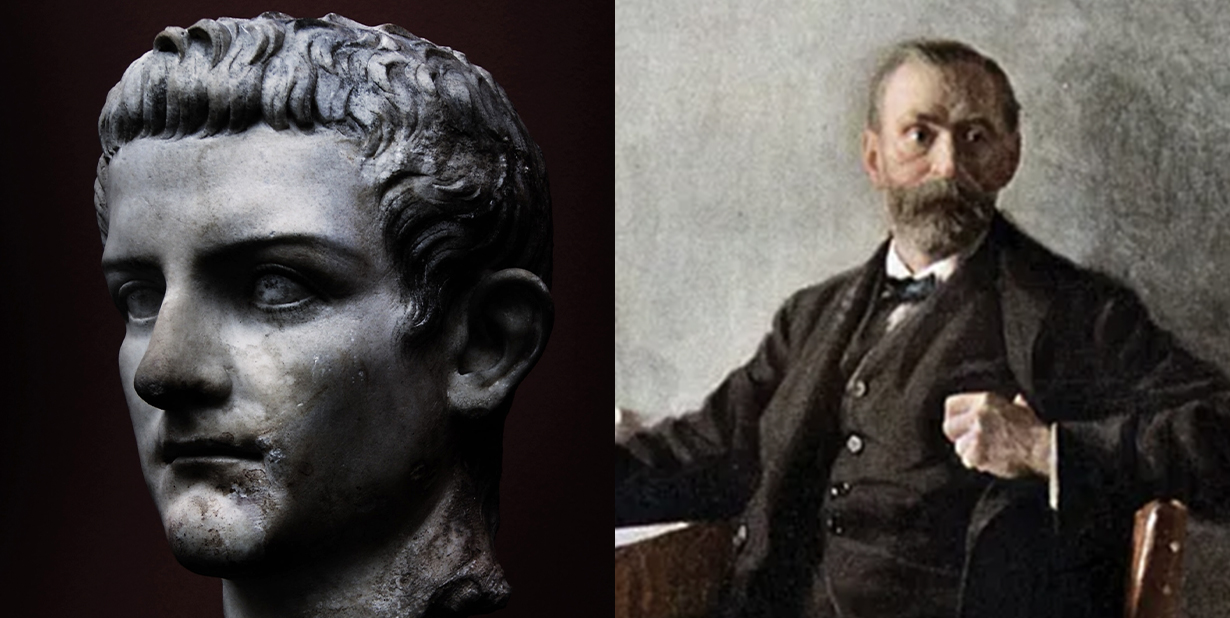
2. Early Publicity Stunt
In 39 AD, Roman Emperor Caligula pulled off an early publicity stunt. He’d been told by Thrasyllus of Mendes that he had “no more chance of becoming Emperor than of riding a horse across the Bay of Baiae.” Caligula proved Thrasyllus wrong twice: after becoming Emperor of Rome, he ordered the construction of a two-mile-long floating bridge using ships as pontoons that stretched across the bay and then rode his horse Incitatus across it.
3. Once You Beat ‘Em, Join ‘Em
Namibia’s Herrero tribe lived on land colonized by Germans in 1892 and were regarded as savages by their unwelcome occupiers. Years of battle and terrible atrocities committed against the Herrero by the Germans followed, but German occupation ended with the Treaty of Versailles in 1915. To this day, the Herrero dress in elaborate, Victorian-style clothing—the clothing of their oppressors—to remind them of the past they’ve overcome, and to demonstrate that they are now the ones in power.
4. Resetting The Clock
January 8, 1835, was the last day in history that the United States had no national debt. President Jackson took six years to pay off a debt of $58.4 million, and even ended up with $440,000 in the bank! Today, the debt is around $19 trillion, with no plans in the works to pay it off.
5. Left Vs. Right
The terms “left” and “right,” when used to refer to politics, first appeared during the French Revolution of 1789. Members of the National Assembly were divided into supporters of the King, standing to the president’s right, and supporters of the revolution to his left.
6. Appalling Aggression
During the Vietnam Battle, the United States blasted Vietnam with more than double the explosives tonnage dropped by every single country in all of WW2. In addition, an area the size of Massachusetts was covered with herbicidal chemicals preventing any trees or plants from growing.  Wikipedia
Wikipedia
7. Counterintuitive
In late 19th century Great Britain, ending of a British subject was seen as a act against the Queen. However, attempted self-immolation was seen as equivalent to attempted attack and could be punished by hanging.
8. For Your Health
In 1854, a physician named Dr. John Snow deduced that a recent cholera outbreak in London had been spread via contaminated water. His evidence included 70 workers from a local brewery who drank only brew, and who had all survived.
9. Makes Sense
In Medieval Ireland, capital punishment was shunned. A murderer may be ended for their deeds only as a last resort — instead, they would pay a fine to the family of the victim, and if the murderer or their family was unable or unwilling to pay, the murderer would legally become a slave to their victim’s family and could work off their debt (or, the family could end them)

Sign up to our newsletter.
History’s most fascinating stories and darkest secrets, delivered to your inbox daily. Making distraction rewarding since 2017.
10. Do You Mind Sharing That With the Rest of the Class?
While the Roman Senate was debating about possible conspirators of an attempted coup, Julius Caesar was passed a note. Cato the Younger, an opponent of Julius Caesar, accused him of corresponding with the conspirators and demanded the letter be read aloud to everyone. The letter, however, was not from conspirators—it was a love letter to Caesar from Caro’s half-sister, Servilia. How embarrassing!
11. Young Patriot
The youngest American serviceman in WW2 was 12-year-old Calvin Graham of the US Navy. He was wounded during the battle of Guadalcanal. He was given a dishonorable discharge for lying about his age to enlist. His veteran’s benefits, however, were later restored by an act of Congress.
12. Pitch Shift
We may take it for granted that an A note is an A note—today we know that it’s a note that vibrates at 440 Hertz. But before this could be measured, pitch varied all over Europe. During the Baroque period, the same piece of music might be played at a different pitch in a different region depending on regional tastes. An A note might have a pitch of 415 Hz in Rome but 440 Hz in Venice. Today, baroque musicians often carry four different tuning forks with them to account for these differences in tuning.
13. High Praise
When Sitting Bull was touring with Buffalo Bill’s Wild West show, he was so impressed with Annie Oakley’s aiming abilities and charmed by her character that he gave her the name “Little Sure Shot,” and symbolically adopted her as his daughter.
14. Too Late
Legislation creating the Secret Service was signed by Abraham Lincoln on April 14, 1865. Unfortunately, before the Service could actually be created to protect the President, the unthinkable happened: Abraham Lincoln was executed by John Wilkes Booth at Ford’s Theatre on April 14, 1865—mere hours after the legislation was signed.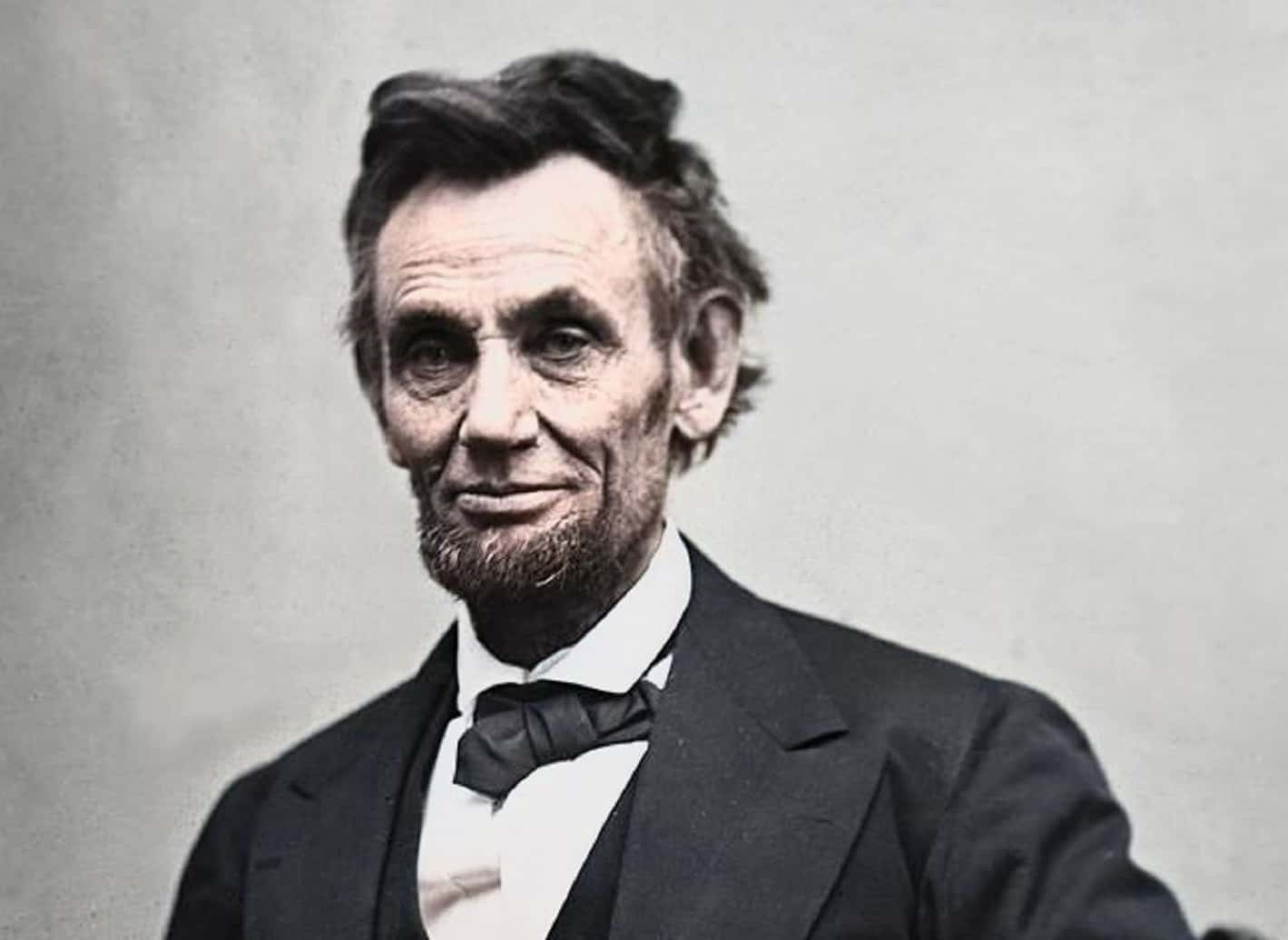 Wikimedia Commons
Wikimedia Commons
15. Major Liability
During WW2, more people were ended during the production of German V-2 rockets than by the rockets used as weapon. 12,000 forced workers passed while manufacturing the rockets — 9,000 were gone during V-2 attacks.
16. Witty Exit
James D. French, a convicted offender sent to the electric chair for murdering his cellmate, became in 1966 the last person in Oklahoma sentenced to capital penalty. His last words became his true legacy, as he reportedly quipped, “How’s this for your headline? ‘French Fries.’”
17. Self-Defense
In the early 1900s, women used hatpins to fend off woman harassers in the streets. The pins were so effective in fending off assaulters that legislation was proposed to curb these accessories to assault. Men would often come away with wounds that were not serious, but very painful.
18. On Thick Ice
During the exceptionally cold winter of 1795, a French Hussar army captured the Dutch fleet on the frozen Zuiderzee, a bay to the northwest of the Netherlands. The French seized 14 warships and 850 guns. This is one of the only times in recorded history where cavalry has captured a naval fleet.
19. Never Forget
It is unlawful under German law to deny the Holocaust, and the act is punishable by up to 5 years in lock up. In 2017, Ursula Haverbeck, an 89-year-old woman, was sentenced to 14 months in lock up for "incitement of biased hatred."
20. Making The Most of It
During the California Gold Rush, miners hoping to strike it rich laughed at John-John, a Chinese laundryman who laundered their clothes for free. Years later, John-John had washed enough gold dust out of pants cuffs and shirttails of miners to set himself up for life, and was spotted living the high life in Sacramento!
21. Early Adopters
Germany has the world’s oldest universal health care system in the world, dating back to Otto von Bismarck’s Social legislation in 1883. In 2014, Germany’s health care system was 77% funded by the government.
22. Spreading the Wealth
When Julius Caesar was gone, he left his wealth to the people. His gardens were given as a place of recreation, and to each Roman citizen he left 75 drachmas—the equivalent of $280 US dollars today.
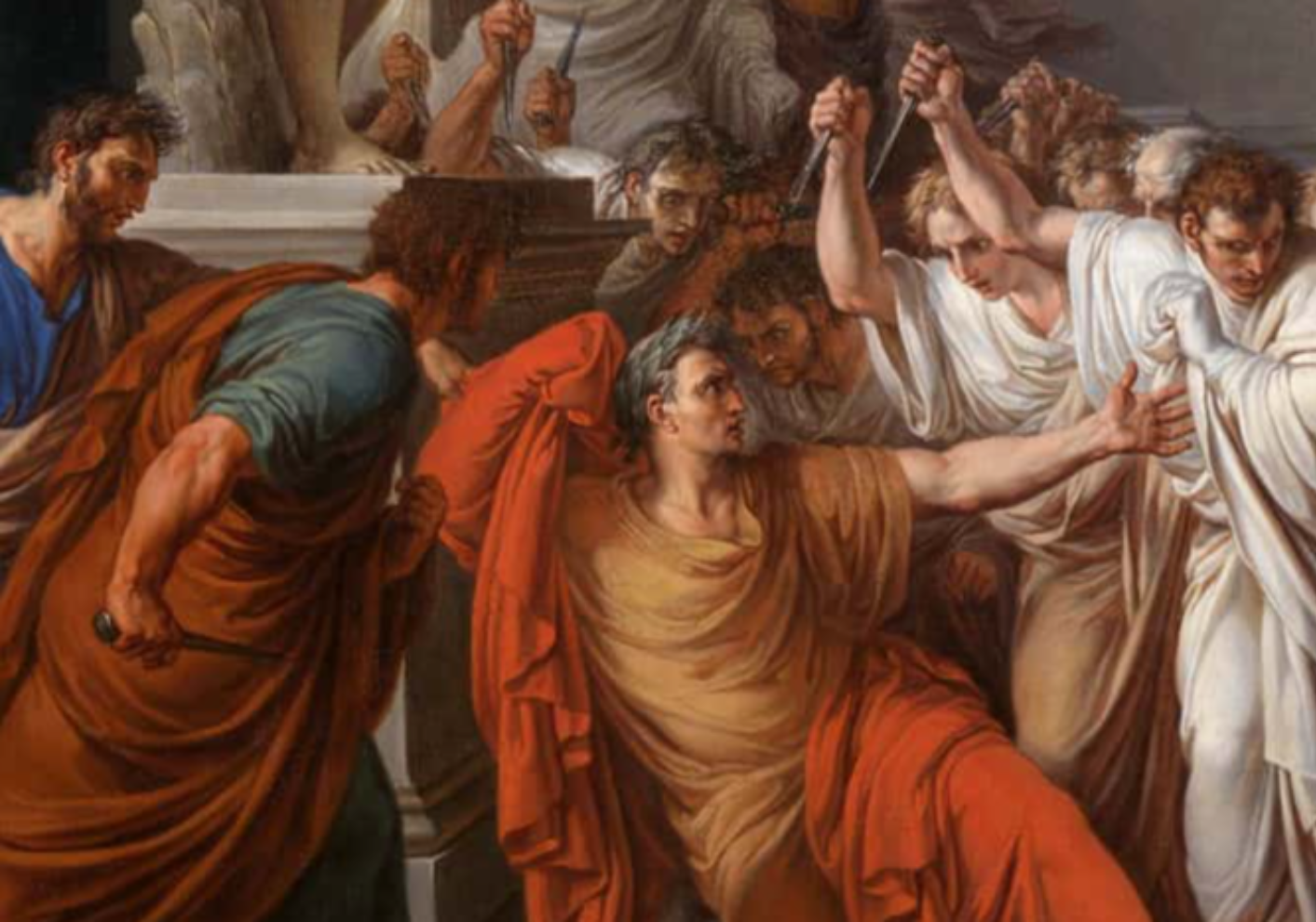 Vincenzo Camuccini, Wikimedia Commons
Vincenzo Camuccini, Wikimedia Commons
23. A True Friend
When Thomas Edison was confined to a wheelchair in the last years of his life, his friend and fellow inventor Henry Ford bought one too, so that they could have wheelchair races.
24. Misguided
During the Black Plague, the Jewish community had a lower infection risk than other populations. Among the theories, there was the suggestion that Jewish religious practices promoted better health since so many rituals related to hygiene. It resulted in the Jews being accused of causing the Black Plague. 
25. Universal Instinct
The urge to scrawl your name on a wall has been around as long as civilization itself. Romans even left graffiti carved in the pyramids of Egypt, scrawling sayings like “I didn’t like anything but the sarcophagus,” and “I can’t read the hieroglyphs.”
26. Natural Inspiration
In 1903, after camping with naturalist John Muir, Teddy Roosevelt established Yosemite as a national park to preserve its “majestic beauty all unmarred.” As President, Roosevelt signed into existence four other national parks, 18 national monuments, 55 national bird & wildlife refuges, and 150 national forests.
27. Safe Haven
Albert Göring, the younger brother of the head of Luftwaffe Hermann Göring, helped many Jews and dissidents survive in Germany by forging his brother’s signature and falsifying transit documents. He’s being considered to receive recognition for his acts—as an example that unlike his brother, to do evil is a choice, and Albert chose to do good. 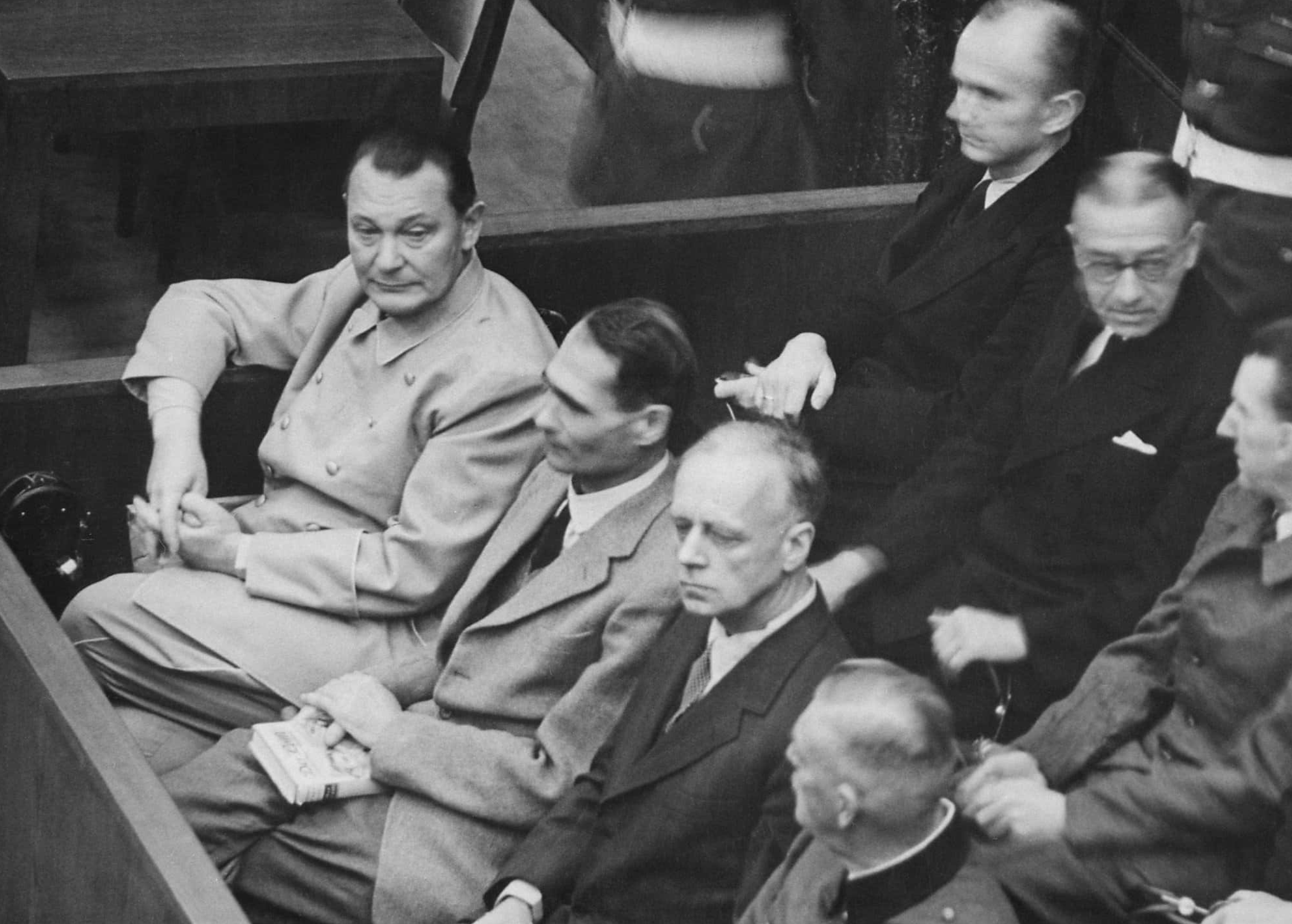 Wikipedia
Wikipedia
28. Close to Home
President John F. Kennedy had a younger sister, Rosemary, who in her 20s received a lobotomy which rendered her unable to walk or speak. Her experience motivated JFK and his and his siblings to do all that they did for individuals with special needs, from JFK’s signing the Maternal and Child Health and Mental Retardation Planning Amendment to the Social Security Act (a precursor to the Americans With Disabilities Act) to his sister Eunice Kennedy Shriver founding the Special Olympics in 1968.
29. Black Air
The Great Smog of London 1952 was caused by the use of coal as the main source of heat. The dense smog, which covered the city for four days, was responsible for the deaths of around 12,000 individuals and the hospitalization of 150,000 more. 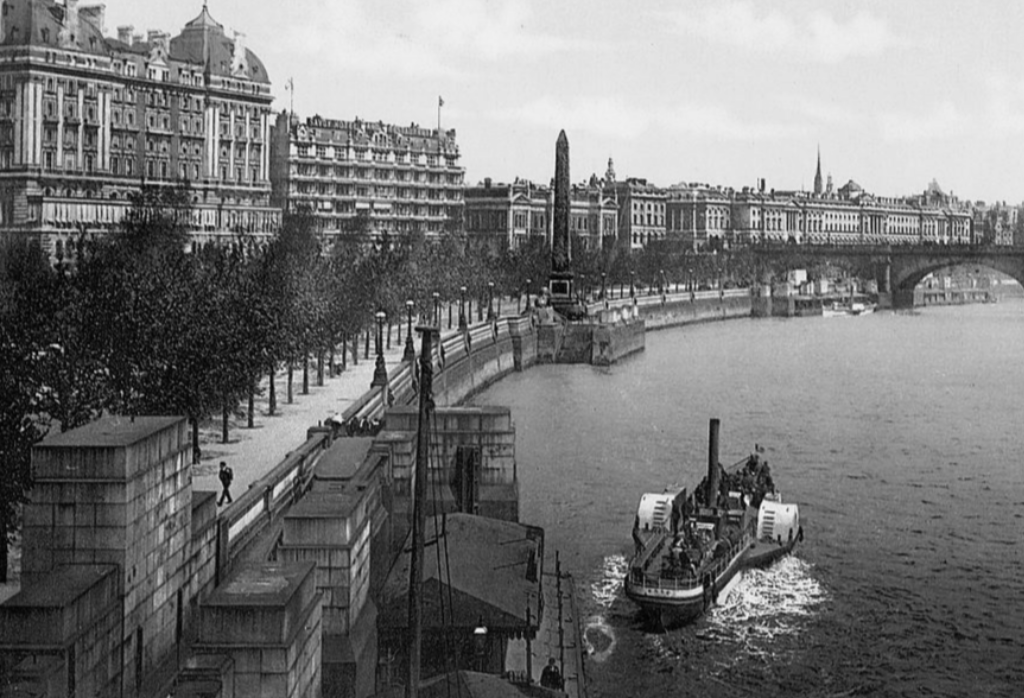 Library of Congress, Wikimedia Commons
Library of Congress, Wikimedia Commons
30. As The People Want
When Prince Carl of Denmark was offered the throne of newly independent Norway in 1905, he refused to take it unless the Norwegian people agreed that they wanted a monarchy rather than a republic. He won the resulting referendum with an astounding 79% majority, and became King Haakon VII.
31. Mandarin in The White House
President Herbert Hoover and his wife Lou learned Mandarin while living in China during the Boxer Rebellion, and while he was President (1929-1933) the pair used to speak it in the White House to foil eavesdroppers.
32. Childhood Intention
Jerry Parr, the Secret Service agent widely credited with saving President Reagan’s life after an execution attempt, had become an agent after seeing movies as a child about the Secret Service. Those movies starred—you guessed it—actor Ronald Reagan.
33. We’ve All Been There
According to a historian’s interviews with Bill Clinton, former Russian President Boris Yeltsin was once found during a 1995 visit to Washington D.C. roaming Pennsylvania Avenue in his underwear while tipsy, trying to hail a cab on a hunt for pizza.
34. Powerful Woman
Töregene Khatun, the daughter-in-law to Genghis Khan, ruled the Mongol Empire as regent for five years after the passing of her husband and at the height of the Empire’s power. She was arguably the most powerful woman in the history of the world.
35. First Friend
After the 1776 American Revolution from the British, Morocco was actually the first country to recognize the United States of America as an independent nation, in 1786.
36. Second Sleep
In the Medieval period, it was common to have two “sleeps” per night. One would fall asleep for 4 to 5 hours, wake up for 2 hours or so and fall back to sleep for another 3 to 4. It’s been suggested that we may have evolved this way to tend to the fire in order to keep us warm and safe. This changed after the spread of indoor electric lighting, not to mention the rise in popularity of coffee houses.
37. Like Bowlers of Today
Medieval English longbows could fire an arrow more than 300 yards and required so much strength that the skeletons of medieval archers can be identified by their enlarged left arms.
38. Proud Papa
Genghis Khan was known for spreading his seed while conquering Asia. He is considered the “most successful biological father in human history” with over 16 million descendants in Central Asia.
39. Growing Up
The early American diet was richer in meat and vegetables than the British diet during the years leading up to the American Revolution, and these differences lead to stronger, healthier, larger Americans. By the time of the American Revolution, the average American soldier stood 5’8” tall—several inches taller than his average British counterpart.
40. Out of This World
Tutankhamun, the teenaged Pharaoh, was mummified over 3,300 years ago and discovered in 1925 along with a tomb full of treasures. In 2016, it was discovered that one of the ceremonial blades wrapped alongside him was made of meteoric iron of extra-terrestrial origin!
41. Early Manicure
Nail polish was first invented by the Chinese, over 5,000 years ago. Painted nails symbolized wealth and power among the elite, and it was forbidden for the lower classes to wear. Reports exist of commoners sentenced to public execution for wearing colored nails.
42. Deadly
Although the Black Plague, or bubonic plague, is incredibly deadly, and kills 30-75% of its victims, there's another kind of plague, Septicemic plague, that kills 99-100% of its victims—a virtual total mortality rate. Both strains of plague are caused by the same bacteria.
Sources: 1, 2, 3, 4, 5, 6, 7, 8, 9, 10, 11, 12, 13, 14, 15, 16, 17, 18, 19, 20, 21, 22, 23, 24, 25, Reddit, 27, 28, 29, 30, 31, 32, 33, 34, 35, 36, 37, 38, 39, 40, 41, 42, 43, 44, 45, 46, 47

